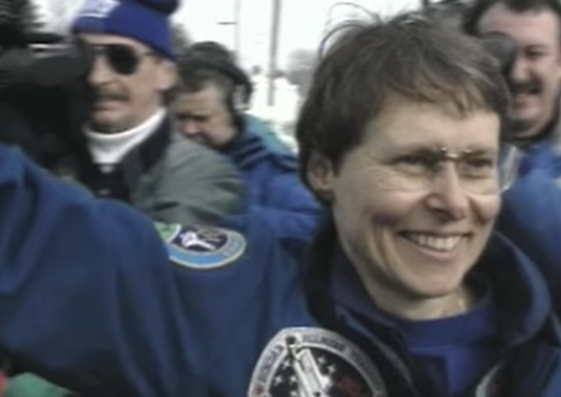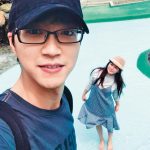
Birthday Countdown
Early Life and Education
Chiaki Mukai was born on May 6, 1952, in Tatebayashi, Gunma, Japan. She developed an interest in space and science at a young age, inspired by the Apollo moon landing missions. Mukai pursued her passion for aerospace engineering and earned a medical degree from Keio University in Tokyo.
Space Missions
Mukai joined the Japan Aerospace Exploration Agency (JAXA) as an astronaut candidate in 1985. She made history in 1994 as the first Japanese woman to fly in space aboard the space shuttle Columbia on mission STS-65. Mukai conducted various experiments on life sciences and microgravity research during her 14-day mission.
In 1998, Mukai embarked on her second spaceflight as a payload specialist on the space shuttle Endeavour for mission STS-95. She continued to conduct groundbreaking research in space medicine and physiology, further solidifying her reputation as a pioneer in space exploration.
Accomplishments and Recognition
Throughout her career, Mukai has received numerous accolades for her contributions to space science and technology. She was awarded the Medal of Honor with Purple Ribbon by the Japanese government for her achievements in space exploration. Mukai also served as the Director of JAXA's Space Biomedical Research Office, where she oversaw various research projects aimed at improving human health in space.
In addition to her work with JAXA, Mukai is a professor at Keio University and continues to inspire the next generation of scientists and engineers through her mentorship and public speaking engagements.
Net Worth
While specific details about Chiaki Mukai's net worth are not publicly available, her contributions to space exploration and scientific research have undoubtedly made her a highly respected figure in the industry. Her work has paved the way for future advancements in space medicine and technology.
Conclusion
Chiaki Mukai's groundbreaking achievements as an astronaut and scientist have solidified her legacy as a pioneer in space exploration. Her dedication to advancing our understanding of life sciences in microgravity has had a lasting impact on the field of aerospace engineering. Mukai's continued commitment to inspiring others through education and mentorship serves as a testament to her enduring influence on the scientific community.








